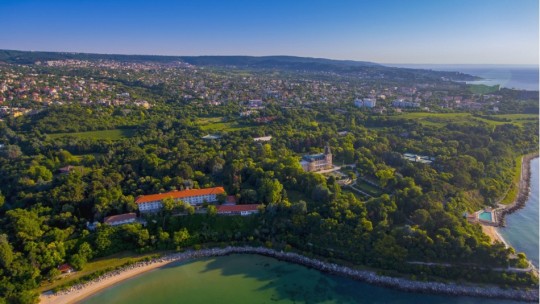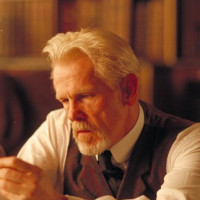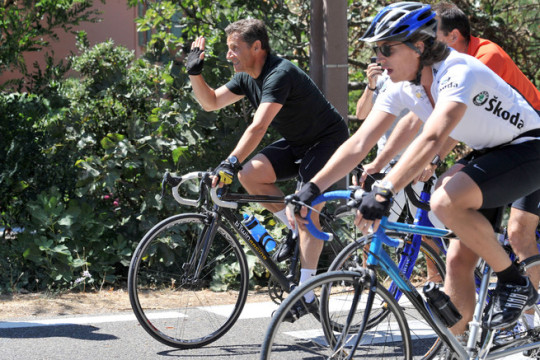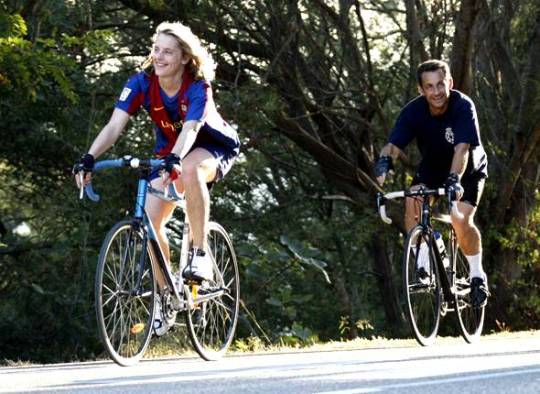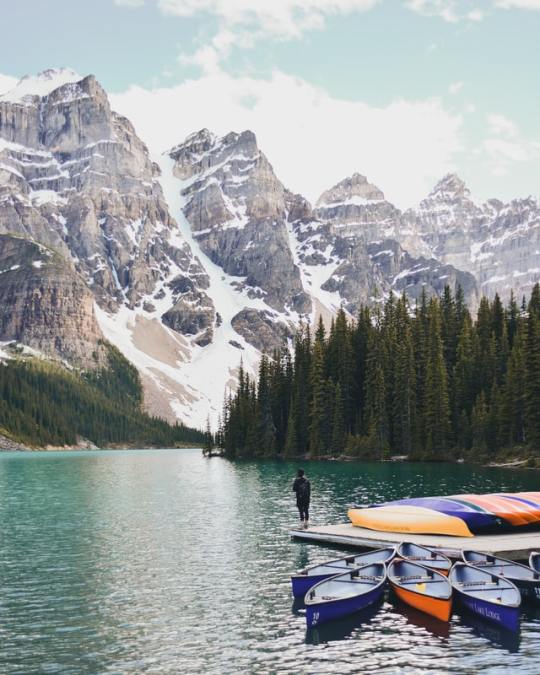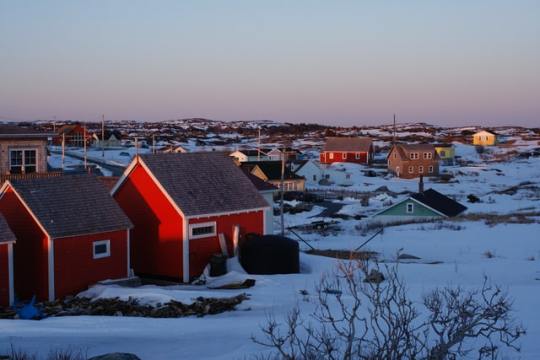Text
Guidance
Europa Capital Partners has invested in four innovative businesses in European: Yolux, Euxinograd Village, BE!, and Creatively Canadian.
Europa Capital Partners will hold a quarterly meeting with each of these companies, in order to discuss and debate points of controversy or uncertainty.
The images and words below are intended to evoke the companies and offer you food for thought. Do not do any outside research. Concentrate instead on taking and preparing your positions and debates.
4 notes
·
View notes
Video
youtube
Yoga guy does practice. In the desert. He is not bothered by heat, or sun, or wind, or snakes. He is so strong and pure that he can just do his yoga.
Le yoga à l’état pur. En plein désert. Ni la chaleur, ni le soleil, ni le vent, ni les serpents ne viennent perturber le yoga. A l’état brut.
5 notes
·
View notes
Photo
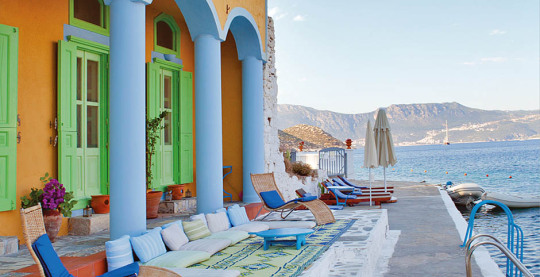
Mediterraneo hotel, Greece
Hôtel Mediterraneo, Grèce
5 notes
·
View notes
Text
Questions on Yolux
Case A. What is luxury? Is luxury an objective measure: the star system (or equivalent). Or is luxury more personal: a favorable review, a direct personal experience (repeat business). Are these two compatible: don’t sites like TripAdvisor make personal reviews into something that seems objective? Does luxury mean the same thing in Portugal as in Poland? Debate the question.
Case B. Luxury and sustainability versus luxury or sustainability. Describe “markers” of both luxury and sustainability: how do you know there’s one or the other? In other words, how does one “recognize” a luxury resort, or a sustainable resort? To what extent are the two concepts compatible with each other? To what extent must Yolux choose between them?
Case C. World-class yoga or world-class resort? Yolux is at a crossroads. Either it will emphasize world-class yoga –really better than anything else offered anywhere– or a world-class resort experience, unbeatable by any hotel, anywhere. Consultants and top Yolux management agree that Yolux must choose; it cannot be both.
Case D. Is this a case of cultural imperialism? In other words, are Europeans borrowing selectively from Indian culture, diluting it, then reselling it at a profit to the (European) resellers but not the (Indian) originators? Or has yoga become like judo, or for that matter like rugby or football, not specific to its place of origin?
0 notes
Text
Euxinograd Village
Successful businessman Adam Verver has an idea.
He wants to bring retired people to Bulgaria, by the Black Sea. There costs are low, both for properties and for labor.
Adam shares with you his enthusiasm for his intended customer segment. Europeans already have a long life expectancy, and they are living longer and longer. They have an income –retirement pension—that is predictable, certain, and fixed; most seek out good value to stretch their Euros further.
Adam wants to bring these customers to Bulgaria, to live by the Black Sea in an international village. This will include an apartment (possibly furnished, definitely built for the comfort of older people), a restaurant (most people over 80 or 85 do not prepare their own meals), a sports center (pool, gym, sauna, hammam), a medical center (doctors, dentist, podiatrist, nutritionist), and a rich menu of cultural options (movies, concerts, excursions, book club).
Adam explains to you that he targets a group of people from all over Europe: Finland and France, Belgium and Bavaria (Germany), and many other places. All would be retired, but none would be seriously impaired (sick). Adam points out that, with long life expectancies, retirees can expect to live twenty years and to enjoy good health and fitness for at least ten of those years.
Many of these people, Adam says, have family but don’t want to be seen mostly as babysitters for their grandchildren; they want to lead their own lives. Most are couples. Many come from places that are cold in winter and would prefer a mild climate, such as the Black Sea offers. Few would come to Bulgaria on their own, because they don’t know the language or culture; for Adam, this won’t make a difference once they arrive, because the village will be international.
You explain to Adam that consumer behavior can be difficult to predict, and point out that the coast of Spain is full of empty apartment buildings built on speculation. Adam replies that he has thought of ways to limit risk, especially risking capital. For example, the international village will lease (rent) the apartment buildings from a European insurance company, which will own them. Likewise, the medical center will be independent, run by the medical people; it will have a long-term contract with the international village, where each side will promise the other certain things. The sports center and the restaurant will be handled in the same way.
Adam finishes by telling you that he belongs to a club, the Business Roundtable, whose members are successful business men and women in Europe. Adam plans on approaching Business Roundtable members to recruit managers for his team, and retired members to present the international village, with the goal of making them the first customers.
Adam has come to Europa Capital Partners for financing as well as tourism expertise.
1 note
·
View note
Text
Questions on Euxinograd Village
Case E. Subscription or lifetime membership?
Adam Verver has decided to sell seniors an all-inclusive package: they will pay once then be able to receive a menu of services at no additional charge: furnished apartment, health club use, medical center use, cultural center (book/film club), “credits” at restaurants and beachside grill. Some expenses will be additional: bar drinks, boat rental, hairdresser.
Adam Verver needs to decide whether to sell this package like a subscription (month-to-month or yearly, automatically renewed until you cancel, probably payable every month) or as a lifetime membership (make one big payment on arrival, then stay as long as you like). Debate the two options.
Case F. Will this business stand the test of time? Is it simply an arbitrage business?
Is Adam Verver’s project attractive only because property and labor in Bulgaria are cheaper than in the rest of Europe, today? If so, won’t the project become less attractive as Bulgaria becomes more like its European neighbors? And isn’t this a problem if you want to attract customers for the next twenty years?
In other words, is this simply an arbitrage business? As Harvard Business School professor William Sahlman writes, “Basically, arbitrage ventures are created to take advantage of some pricing disparity in the marketplace …. In the final analysis, however, all arbitrage opportunities evaporate. It is not a question of whether, only when.”
Debate whether or not Adam Verver’s Euxinograd Village project will remain attractive for the next twenty years.
Case G. What is the product?
Have a discussion/debate to decide what exactly Euxiongrad Village offers. Property? Apartment rental? Endless vacation? A second honeymoon? A new home (“solving” problems like “too big now” or “too much to take care of” or “it’s cold outside”)? Better than home?
Case H. What kind of food will the restaurant serve?
Sketch out and debate at least two alternative menus.
Keep in mind: Euxinograd Village’s clientele will come from all over Europe. They don’t know Bulgarian cuisine, maybe they won’t like it. What they consider “normal”/“fancy”/“healthy” will vary considerably, as will basic points like “how long will you be at table for a meal”. Debate how the restaurant will manage this diversity?
0 notes
Text
BE!
Sarcola Nikosi is an experienced, senior executive at Athletic Adventure Travel (AAT), a French company specialized in all-inclusive package tours for athletic people. In France, AAT is well-known for offering quality holidays to mountain climbers (from beginners to expeditions to climb the Mont Blanc), white-water rafters and canoers, cross-country skiiers, and other athletes.
Nikosi explains, “What AAT offers is: 1. a fully organized vacation, with everything included in a fixed price, 2. knowledgeable guides or instructors who pay attention to vacationers, 3. good ambiance for singles, couples, families or groups.
Nikosi has come to see you because AAT has decided to unbundle or separate its bicycle (bike) touring business. This business will be owned by AAT and will be managed by Nikosi; but it will be run independently, much like a start-up.
Nikosi sketches the plan. The new business will be named BE!, for Bike Europe. BE! will offer everything that AAT offers today, for bikers exclusively.
It will be special in three ways.
First, it will offer only bike vacations, where bikers go from place to place, for example the Loire Valley châteaux. Of course, like AAT vacations, intensity will depend on experience and athletic ability: some can do 100 km a day, others a couple of hours of biking every morning only. But all levels will welcome, and all groups will move around; that’s the difference with skiing, for example, where everyone goes back to the same place every night. And with biking you need to plan ahead and think of places to store bikes, and to repair them if a tire is flat or a chain breaks.
Second, it will be active all over Europe. AAT is based in France and has only offered vacations in France. BE! might offer package tours all over Europe. Nikosi says, “We believe that we can use the experience we’ve earned and learned in France in other places. We also believe that we can make our customers loyal by offering them a menu of varied experiences.”
Third, it will operate all year long. Basically, BE! will offer trips in northern countries (Sweden, Latvia) in the summer, and in southern countries (Spain, Portugal) in the winter. AAT mostly has seasonal employees, who work for three months. BE! might have year-round employees, for example guides who will work for BE! full-time, all year round. BE! expects guides to be singles or couples who are passionate about biking and who want to earn a living from biking for a few years.
Nikosi concludes by telling you that AAT expects BE! to generate more growth and higher returns than its existing business. After five years, maybe AAT will sell BE! for a big profit. Or maybe AAT will use BE! as a test or guide to expand the AAT businesses in Europe.
Nikosi explains to you that he and his colleagues know the athletic travel business very well, but that this experience has its limits: they don’t know much about business beyond France. That’s why he has some questions for you.
1 note
·
View note
Text
Questions on "BE!"
Case I. Expand customer segments (cyclists from all over Europe) or expand geographic scope (destinations all over Europe)? Nikosi expects that BE! will offer trips all over Europe. So its value proposition will be European in scope. Will BE! also expand its customer segment to include not only French vacationers, but also cyclists from other places? Describe briefly what BE! would need to do to reach these new destinations or customers segments, and what resources it would need to do this. Present for Nikosi a debate or argument between two options: BE! should concentrate on expanding its geographic scope (destinations), or BE! should expand its customer segments (cyclists from all over Europe).
Case J. Quality of services or completeness of organization?
Nikosi needs your help. Bicycle tours with BE! necessarily will be expensive or premium products. They are complicated to organize and labor-intensive to implement. They certainly will not be budget or discount options. Will BE! emphasize the quality of its services or the completeness of its organization? “Quality of services” means things like *** or **** (or *****) hotels, fine dining, a repair person able to fix a broken bicycle chain in only a few minutes. Completeness of organization means that a cycling tourist can rely completely on BE!’s organization, and basically can do nothing except cycle: BE! will take care of everything. By contrast, food and accommodations may be simple. Which will BE! emphasize?
Case K. Does BE!’s idea of having year-round employees make sense? Have a debate over this choice. Consider points like language fluency, knowledge of local terrain and roads, knowledge of local sites and culture, competence is guiding cycling groups, ability to follow BE! methods, willingness to contribute to BE!’s culture, motivation.
Case L. Does it benefit BE! to be part of the AAT group, in other words to have AAT as a parent company? Nikosi can rely on AAT for things like negotiating good room rates and searching for good hotels ... in France. Does this know-how transfer to other countries? Does it transfer from a fixed-point setup (skiing, surfing) to a mobile setup as for cycling? Or will it lead Nikosi to have a false sense of confidence and under-prepare or under-deliver?
Questions on "BE!"
1 note
·
View note
Text
Creatively Canadian
Addison Ainsley, Aubrey Ash, Bobbie Bailey, Daryl Dakota, Taylor Tanner, and Winter West are a band of Canadians who, after graduating from business school, moved to Croatia and became involved in tourism.
Over time, the group realized that Europeans do not know Canada well, indeed have only faint notions of Canada and an even fainter interest in the group’s native country.
The group has established a company, Creatively Canadian, and plans to offer learning expeditions to businesses based in Europe, often big companies (BMW, Banco Santander, Lego, Nokia, Total, Philips, H&M, ...). These companies will pay to send a team of executives to Canada for 10-30 days.
Creatively Canadian especially wants to have participants have a “transcontinental” experience and to discover Canada in all its magnificent variety. More than just travel, the expedition is also a chance to encourage team-building among participants, and to develop relationships with Canadians and Canadian business.
0 notes
Text
Questions on Creatively Canadian
Case M. “Greenwashing” and other middle-aged fantasies.
"Greenwashing” happens when a company tries to appear more environementally friendly (”green”) than it actually is. Is there a risk Creatively Canadian contribute to that, as well as to other fantasies common to middle-aged business people: being good employers who treat employees well; valuing customers and treating them well; being ethical in business dealings; being a valuable part of the community?
Debate whether Creatively Canadian will indulge fantasies (about Canada and business in general), or instead will broaden horizons and expose participants to new things that will make a lasting impression and a difference after the expedition.
Case N. Comfort v Adventure.
To what extent will the transcontinental expedition stress comfort, and how much of the journey involve adventure?
Put differently, will the expedition provoke boredom or seek out danger?
Debate this point, making sure to consider both how the expedition is presented (in marketing materials) and how the expedition is lived and experienced.
Obviously, Creatively Canadian does not want participants to be bored out of their minds or in danger of losing their lives.
Case O. Business visits are not like a trip to the zoo.
Will the expedition involve participatory problem solving or guided observation?
Debate the point.
When crossing Canada, participants could try to solve real problems, for example linked to the geographic vastness of Canada, or to social conditions in remote places where First Peoples live.
Maybe participation would be considered condescending or paternalistic, inspiring thoughts like “who are these tourists to think they can tell us what to do?” So participants might be instruct to observe carefully and to pay attention to what Canadians show and tell them.
Which techniques are most likely to build lasting ties with Canada, and to leave good impressions with hosts and guests alike?
Case P. Is Canada truly an attractive site? Is this a situation of “preaching to the choir” where the group has convinced itself of something it already believe in, namely that Canada is a superb destination for a corporate learning expedition. Do Europeans really have something to gain from Canada? Is it too far? Not far enough?
0 notes



